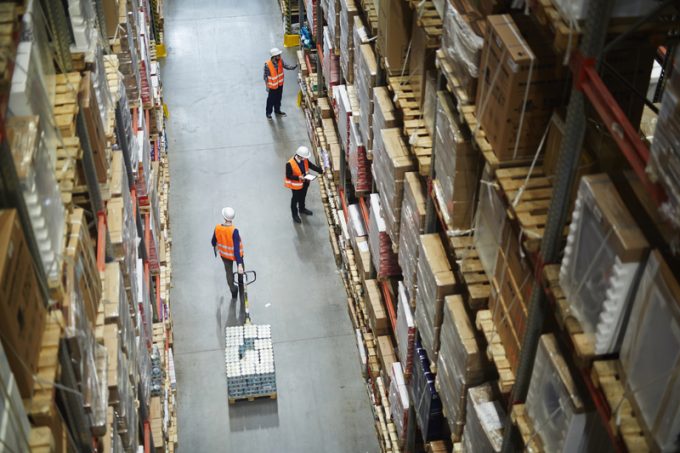Whack, whack whack: it's my winter almanac
Goodbye 2022 … uh oh, here comes 2023
GM: RAISING THE ROOF GGM: IN FULL THROTTLE GZIM: MAERSK BOOST KNIN: READ-ACROSSMAERSK: NOT ENOUGHMAERSK: GUIDANCE UPGRADEZIM: ROLLERCOASTERCAT: HEAVY DUTYMAERSK: CATCHING UP PG: DESTOCKING PATTERNSPG: HEALTH CHECKWTC: THE FALLGXO: DEFENSIVE FWRD: RALLYING ON TAKEOVER TALKODFL: STEADY YIELDVW: NEW MODEL NEEDEDWTC: TAKING PROFIT
GM: RAISING THE ROOF GGM: IN FULL THROTTLE GZIM: MAERSK BOOST KNIN: READ-ACROSSMAERSK: NOT ENOUGHMAERSK: GUIDANCE UPGRADEZIM: ROLLERCOASTERCAT: HEAVY DUTYMAERSK: CATCHING UP PG: DESTOCKING PATTERNSPG: HEALTH CHECKWTC: THE FALLGXO: DEFENSIVE FWRD: RALLYING ON TAKEOVER TALKODFL: STEADY YIELDVW: NEW MODEL NEEDEDWTC: TAKING PROFIT

The UK’s Freight Transport Association (FTA) has warned that unless the government creates a more flexible furlough scheme sooner, the sector could face a wave of redundancies when the economy begins to recover.
FTA chief executive David Wells said today: “The furloughing scheme has been a lifeline for logistics businesses across the country, many of which have suffered a dramatic loss of all revenue, thanks to the shutdown in a number of sectors.
“But as the economy starts to return to normality, it is vital that accommodating part-time work by furloughed staff is included, to enable our member organisations to increase their revenue streams and reduce their reliance on payments from government.”
Currently, the Treasury plan is to introduce part-time working into furloughing at the end of August. But Mr Wells argues it should be brought in at the end of this month.
“With limited work for the past two to three months, many businesses will be facing a significant break in their cash flow in June and July, and furloughing has been, and will continue to be, a vital part of maintaining businesses solvency.”
He also claimed the minimum furlough period of three weeks should also be shortened to one week to provide additional flexibility for employers:
“Currently, employers must fully furlough workers for three weeks before any payments can be made, and any break in this pattern returns workers to a three-week cycle.
“This prevents operators from using furloughed employees on a part-time basis, and is hampering the full return to work by limiting the number of workers available for businesses to use.
“We believe the three-week cycle should be reduced to a single week, to give additional flexibility to accommodate peaks and troughs in business as the economy recovers.”
And Mr Wells argued that the government needed to provide further clarity on the terms of the withdrawal of furlough payments.
“It is unclear whether or not business will need to start paying for the non-working time of furloughed workers, and whether a top-up payment will be required if the percentage of wages paid by government is reduced.
“Furloughing was intended to avoid a tidal wave of redundancies, but if logistics businesses must pay an increasing proportion of furloughing costs, the economy could be faced with exactly that scenario,” he said.
Comment on this article